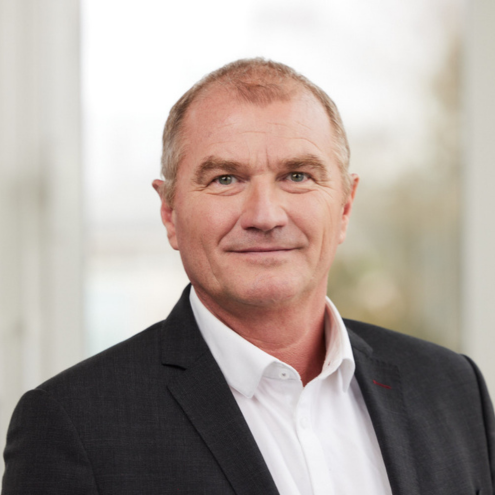Overview


IRESNE is the CEA’s research institute for nuclear systems devoted to low-carbon energy production. It was created by the CEA, i.e. the French Alternative Energies & Atomic Energy Commission, in 2020 and currently has a staff of 900 committed to designing, simulating, testing and qualifying new reactors for both today and tomorrow.
IRESNE has extended the scope of its remit to include the integration of nuclear systems in the low-carbon energy mix. Other than electricity generation, nuclear energy can also be considered as a source of district heating. The institute is pushing its research towards technical innovations to support these two pillars which are electricity and district heating.
Its objective is to provide society with an optimised energy mix that exploits all low-carbon resources.
The institute was created within the scope of the CEA’s reorganisation to focus its research on decarbonised energy sources. This new organisation reflects the French government’s commitment to providing a decarbonised energy mix based on nuclear energy and renewables. The objectives were defined by the French State in line with its Energy Transition Act promoting green growth and its national energy & climate plan (PPE). These laws ensure the implementation of France’s roadmap designed to lower its greenhouse emissions (SNBC) by using low-carbon resources. This roadmap affects all economic sectors and must be supported by everyone, whether citizens, local authorities or businesses.
For this reason, the CEA created its Energy Division (DES) under which the IRESNE teams work. The CEA Energy Division also includes two other institutes: one devoted to applied sciences and simulation for low-carbon energy sources (ISAS), and another to science and technology for a circular economy of low-carbon energy (ISEC).